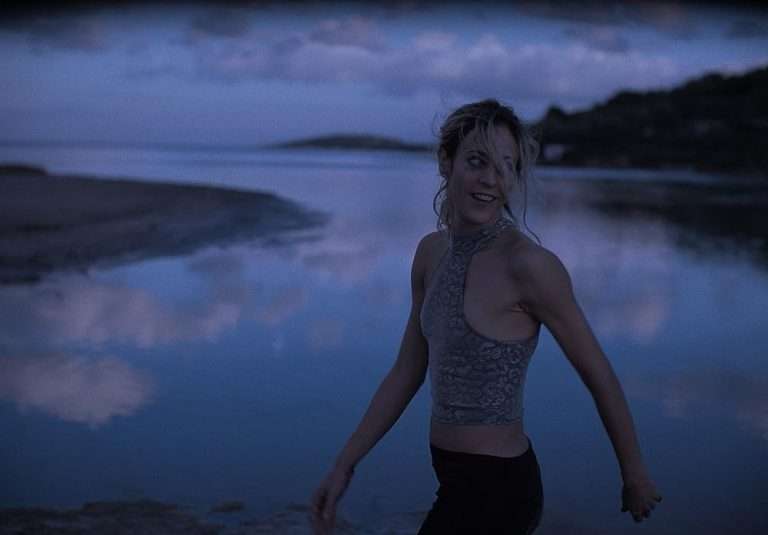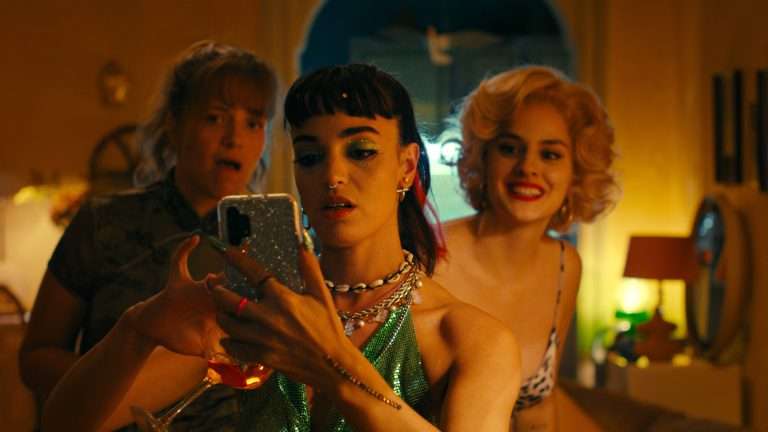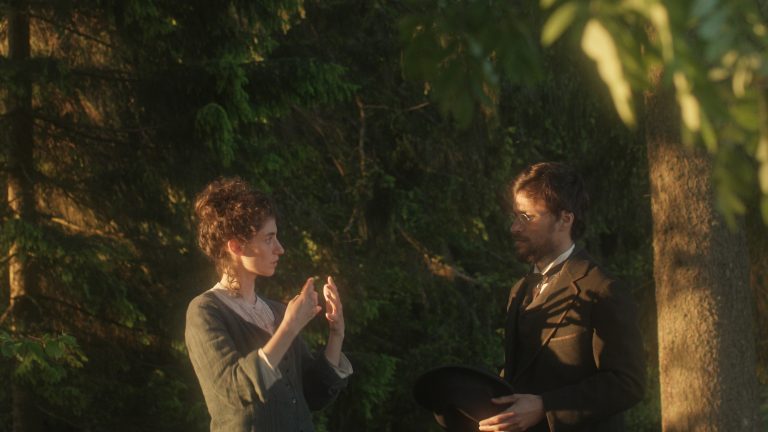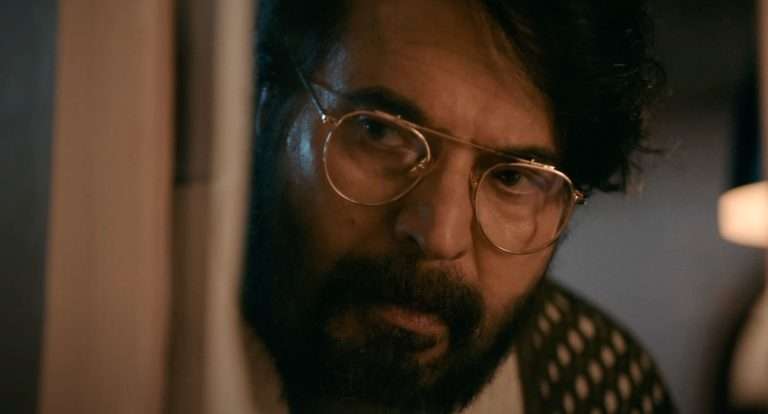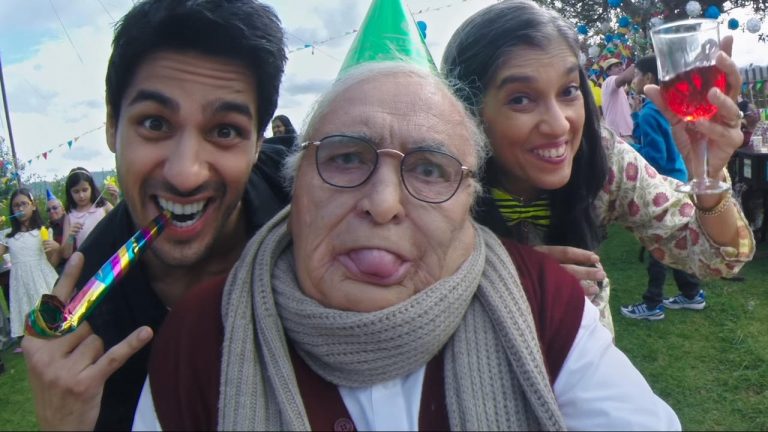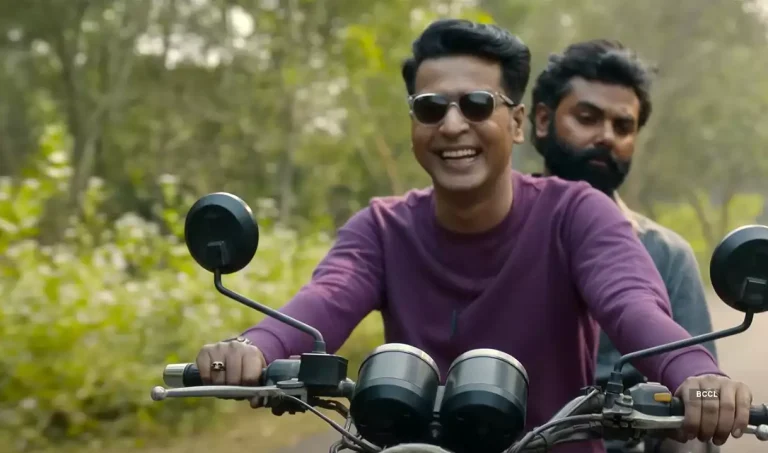Warning: Spoilers ahead for Marvel’s Thor: Love and Thunder
Thor: Love and Thunder [2022] Review: Taika Waititi’s Thor: Ragnarok was a critical and commercial success for many reasons. First, it introduced a brand of irreverent humor to the MCU never quite seen before while offering narrative versatility that worked in favor of the characters, old and new. Second, Ragnarok balanced its humorous and emotional notes deftly, and the two blended to create a satisfying journey that stood apart from standard MCU forays. While Thor: Love and Thunder is immensely faithful to Taika Waititi’s essence as a director (it is probably the most Taika Waititi film to have been made so far), the film suffers from a tonal inconsistency that weighs down moments that should have been instrumental to its merits.
And the merits are plenty, for sure: Love and Thunder features the comeback of a beloved hero, introduces (and re-introduces) us to characters with epic legacy in the comics, and charts a promising path to set up something seminal for the franchise’s future. As thoroughly enjoyable as Waititi’s latest offering is, Thor: Love and Thunder falls flat in areas it could have potentially soared. While the humor works in distinct contexts, the film’s tendency to undercut every emotion-heavy moment with a punchless does rob it of some of the souls it bodies.
Related to Thor: Love and Thunder [2022] –
Marvel’s Thor: Love and Thunder is a genre hybrid that works for the most part — it is a mid-life crisis film punctuated by silly humor and endless gags and builds steadily towards an emotional, life-altering adventure for Thor (Chris Hemsworth). He approaches a pivotal moment in his personal growth. Love and Thunder picks up after the events of Avengers: Endgame, with Thor attempting to pick up the pieces of the man he used to be: Taika Waititi’s Korg opens the hero’s narrative with a story about Thor’s trajectory, explaining how he had begun to guard his heart after experiencing one loss after another, working out to chisel out his “god bod” in the process and stepping into his power at a pace that he is comfortable with. In these moments of personal crisis, Thor had managed to push through with the help of the Guardians of the Galaxy, with who he was last seen adventuring, evoking the emotions of found family in the process. While Thor finds the strength to open himself up to save the world again, he chooses to keep love at bay — lest he is wounded again.
However, fate has other plans, as we are brought up-to-date with what gifted astrophysicist and Thor’s former lover Jane Foster (Natalie Portman) is up to, and the audience is allowed a glimpse into what exactly went wrong between her and the god of Thunder. Called intuitively by Mjolnir, which remains shattered in New Asgard as a part of the town’s many tourist attractions, Jane wields the power of The Mighty Thor, which sets her on the path to meeting Thor again in battle. The reunion is awkward and endearing at the same time, as the duo is not quite sure how to navigate this new-found dynamic, gradually realizing that their residual love for one another is strong enough to eclipse worlds and entire realms. While this functions as a convincing retcon to Jane’s abrupt departure from the MCU and Thor’s life, her story is one drenched in pathos, as we soon learn that she is dying.
Related to Thor: Love and Thunder [2022] – 30 Best Comic Book Movies of All-Time
The juiciest aspects of Love and Thunder do not lie in this central love story (or even in the hilarious love triangle between Thor, Mjolnir, and Stormbreaker) but rather in the trajectory of the film’s anti-hero, Gorr the God Butcher (Christian Bale). Gorr’s backstory, and how he came to be who he is, is wonderfully etched, highlighting the dangerous, solitary path a grieving man chooses to follow after being spit on by the gods, rather unjustifiably, if I might add. The gods of the old world (or the new) have never been the perfect beings their followers perceived them to be: they are fickle, petty, and self-serving, as evidenced later by Zeus’ (Russel Crowe) insistence on doing nothing as opposed to stopping Gorr after he abducts several Asgardian children.
Gorr, now armed with the Necrosword, which holds the ability to slay even the mightiest of gods, is currently on a rampage to erase all senses of divinity across all realms. Moral implications of this choice aside, Bale’s Gorr emerges as an immensely complex anti-hero deserving of empathy at certain points while also being absolutely terrifying to behold — which is only a testimony to Bale’s masterful interpretation of the character. There’s something otherworldly about Gorr, especially when he emerges from the shadows, eyes blazing like embers, whispering to his shadow monsters to wreck apart what’s left of the gods. These segments elevate the film to great heights, and a particular sequence in the Shadow Realm is truly beautiful to behold.
Circling back to the problems inherent within Thor: Love and Thunder, the lack of comic book accuracy does not even count in terms of the film’s many, many flaws. This aspect might be a gripe only for comic book loyalists, who might be somewhat irked by the absolute butchering of key foundational lore aspects and epic weapons — however, the departure works well enough in the context of the direction the film chooses to take. The problem lies with Waititi’s need to undercut every scene with some (sort of) punchline, leading to most of the jokes falling flat, especially in moments where they do not belong, both tonally and from a narrative point of view.
Sure, there are some fun moments: the whole sequence in Omnipotence City, some quips made by Hemsworth’s character, and occasional one-liners will make you chuckle, and there’s an obvious joy to be found in those moments. However, somewhere, the absurdity, although delightful and welcome for the most part, starts taking over the sincerest of moments and branches into the territory of character disservice, which is disappointing.
Related to Thor: Love and Thunder [2022] – ‘Shang-Chi’ is a Marvel Superhero With Daddy Issues
In terms of performances, everyone does their bit remarkably well. Hemsworth retains his charm as the flawed, lovable Thor, evoking the most laughs throughout the film. At the same time, Portman imbues her performance with a beautiful mix of resilience and vulnerability that is refreshing to watch. Tessa Thompson’s Valkyrie offers battle support and comic relief — the former is golden, as usual, but the latter, not entirely — while Korg remains a funny, endearing presence, assuming the role of narrator in the film. I want to reiterate that Love and Thunder is essentially Bale’s film, as it is clear that he is having a lot of fun with the role, upping the ante in terms of creepiness and complexity at the same time, going down as one of the most convincing, terrifying villains in Marvel history.
In essence, Thor: Love and Thunder is delightful and warrants a fun time. However, if you’re looking for consistent coherency or unfathomable depths in character progression, the film is a mixed bag, with the good parts being extremely good. The love and thunder aspects are eventually justified by the end, while the mid and post-credits scenes add meaning to the still-developing storyline while providing closure for a particular character. I still believe Thor: Ragnarok is the superior film of the two Waititi installments, and Love and Thunder is nowhere near as dull as The Dark World. And that, I’m guessing, charters the territory of false comfort.





